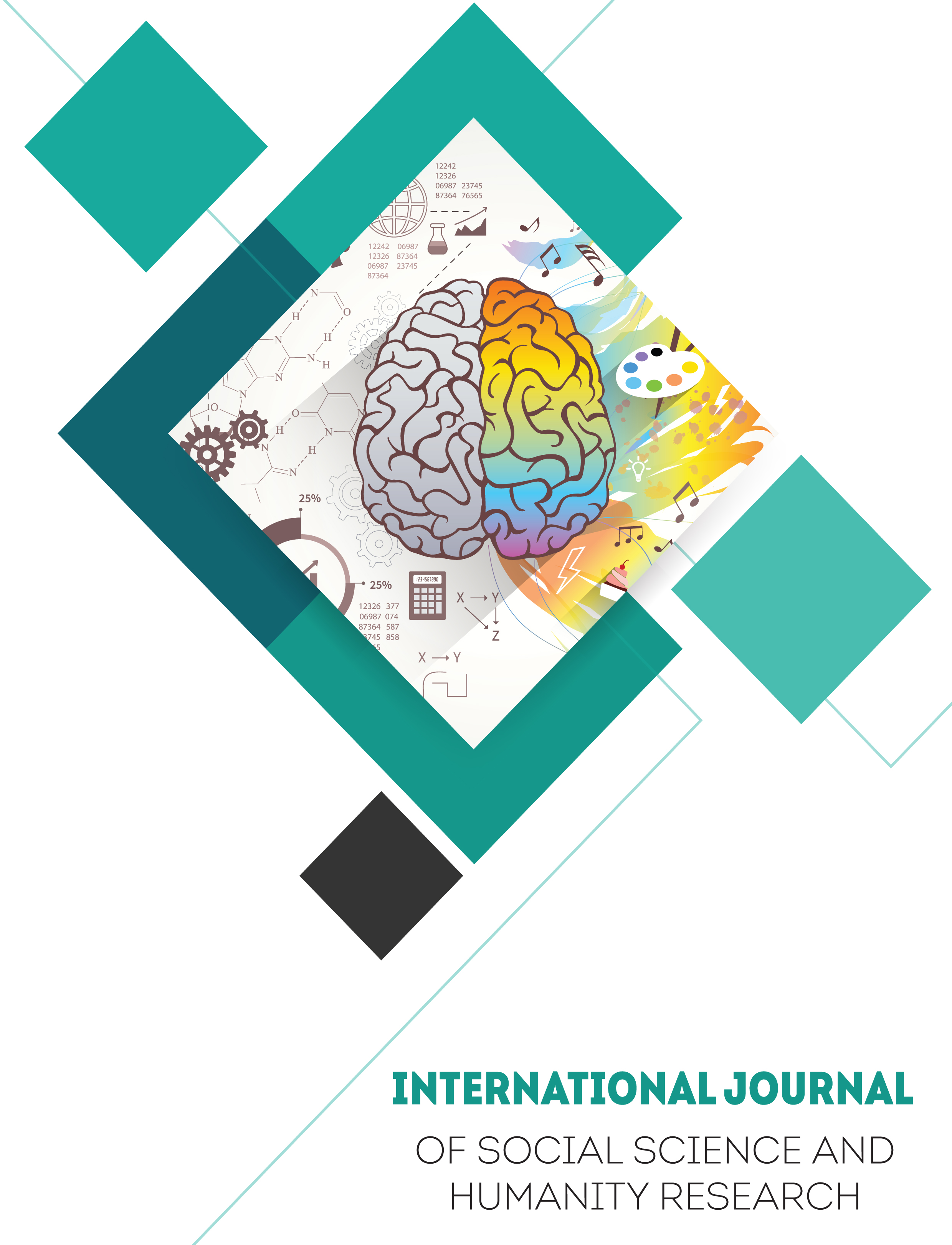An Exploratory Study of Business Culture and The Human Experiences Of TEFL Instructors In Chinese Universities And Colleges. An Exploratory Study of Business Culture and The Human Experiences Of TEFL Instructors In Chinese Universities And Colleges.
Main Article Content
Abstract
This study will improve education in China in four areas. Students' success is proportional to their teachers' enthusiasm, which influences their sense of competence, pride, and optimism about their own educational futures (Day, 2005). Teachers have a thorough understanding of their subjects, and they create an environment in which students feel comfortable asking questions and participating in class discussions (Day 2005). Dinham and Scott's (1996) study on teacher happiness, motivation, and health discovered that two major sources of satisfaction were their students' success and their own professional development. Atkinson (2010) found a strong correlation between student motivation, teacher motivation, curriculum design, and curriculum implementation. Bernaus and Gardner (2008) describe language teachers as Teachers can use motivating strategies to improve their students' skill development, classroom cooperation, and overall atmosphere. Filak and Sheldon's 2008 study demonstrated that the level of autonomy granted to teachers has a direct impact on student motivation.
The study is an empirical investigation into a well-known but understudied phenomenon: Chinese academics' lack of intrinsic motivation to educate (Lu, 2004). The goal of this research is to add new data to the growing body of literature on lecturer motivation in China.
As a third reason for the study's significance, educational administration must implement regulations that create the most conducive working environment. Teachers’ energy and interest are vital. to a successful classroom. These findings may help Chinese policymakers decide whether academics should have more professional autonomy.
The study's driving theory, Self-Determination Theory (SDT), has theoretical value because it will be implemented in a cultural context other than the one in which it was originally conceived. It was created in the United States and has been widely used in studies of cultural differences (Chirkov, Ryan, and Willness, 2005; Deci, Ryan, Gagne, Leone, Usunov, and Kornazheva, 2001). However, the cultural assumptions underlying the theory are not always applicable to the situation in China. Buddhism, which has been widely practised in China for over a thousand years, and Confucianism, which was introduced to China from India during the Tang period.
During the Tang Dynasty, are two examples of tacit principles that had a significant impact on Chinese history and culture (Lu, 2001). Contemporary Chinese culture has combined the three major philosophical traditions with Western ideas to develop its own distinct perspectives on life and work. Because this study focused on the cultural aspects of SDT, we now have a better understanding of them.
Article Details

This work is licensed under a Creative Commons Attribution 4.0 International License.

